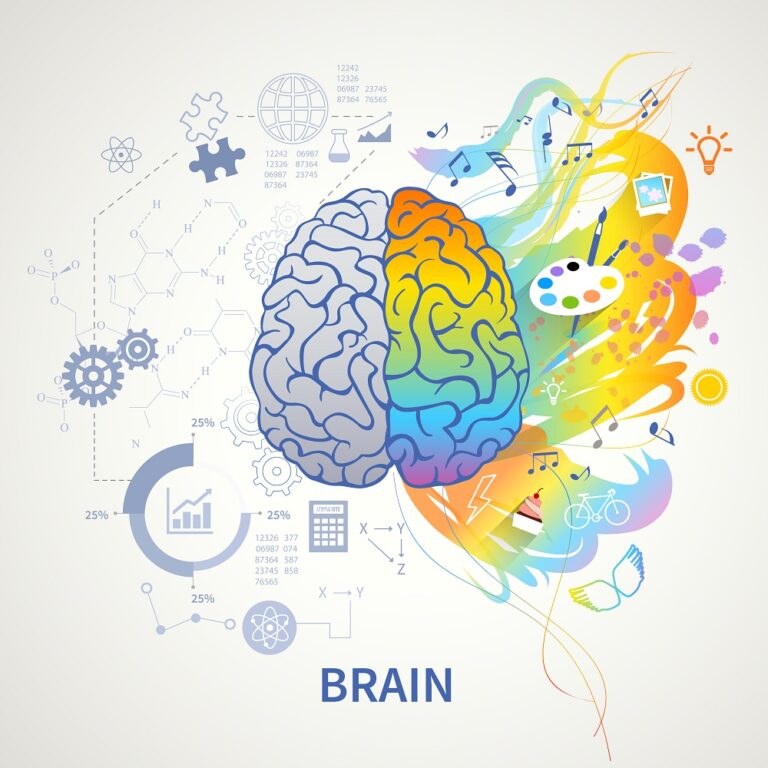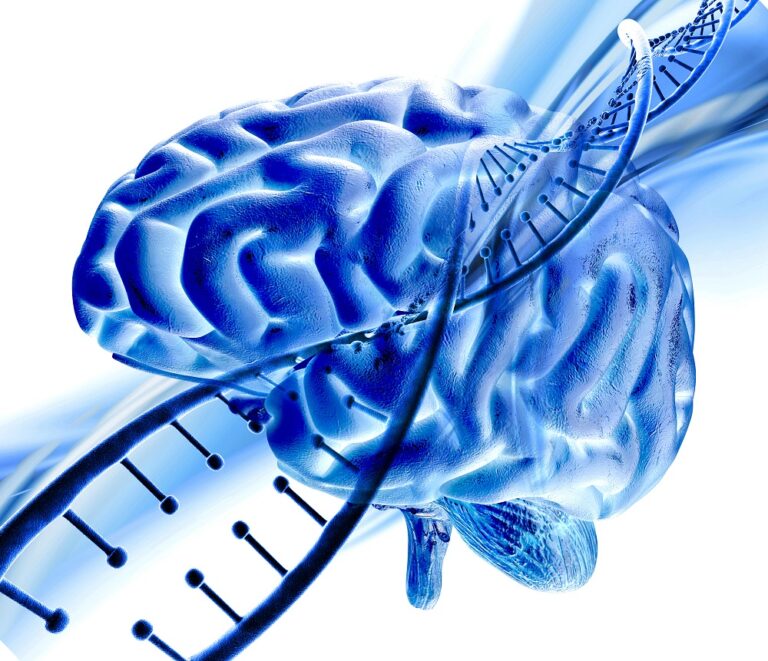Name – American Society of Clinical Psychopharmacology (ASCP) 2021 Annual Meeting (June 01 – June 04, 2021)
Mode – Virtual
A study suggesting treatment insulin resistance may improve symptomatic, treatment-resistant bipolar depression was presented at the virtual American Society of Clinical Psychopharmacology 2021 Annual Meeting. Type 2 diabetes mellitus and insulin resistance affects more than half of the bipolar patients. They are associated with rapid cycling, more chronic course of illness and treatment refractory state. If left untreated, insulin resistance could lead to a chronic inflammatory state and disease progression. A 26-week randomized, double-blind, parallel group prospective study was carried out to evaluate the efficacy of metformin in patients with insulin resistance and non-remitting bipolar depression. The patients enrolled were ≥18 years, had a diagnosis of Bipolar I or II, had non-remitting bipolar disorder [Montgomery-Ǻsberg Depression Rating Scale (MADRS) score ≥ 15], were stable on mood-stabilizing medications for at least four weeks. Patients were randomized to placebo (n=25) or to metformin (n=20) which was eventually titrated to its full dose that is up to 2000 mg. After about 4 weeks, the patients were maintained on full treatment for a period of 24 weeks. The primary outcome was change in the MADRS score. The baseline demographics, illness characteristics, baseline MADRS and secondary measure scores were found to be similar between both the treatment groups. Amongst the patients who were being treated with metformin, 50% did not meet the criteria for insulin resistance by week fourteen as opposed to 4% of those belonging to the placebo group. It was observed that these patients attained a remarkably greater reduction in the MADRS scores beginning at week 6 when compared to the other patients. Subsequently, they continued demonstrating improvement throughout the course of the study. The size of the treatment effect for MADRS depression scores for these patients was found to be 0.52 at week 14 and 0.55 at week 26. Thus, this study suggested that treating insulin resistance using metformin improves depressive symptoms in a sizeable percentage of treatment resistant bipolar patients.







